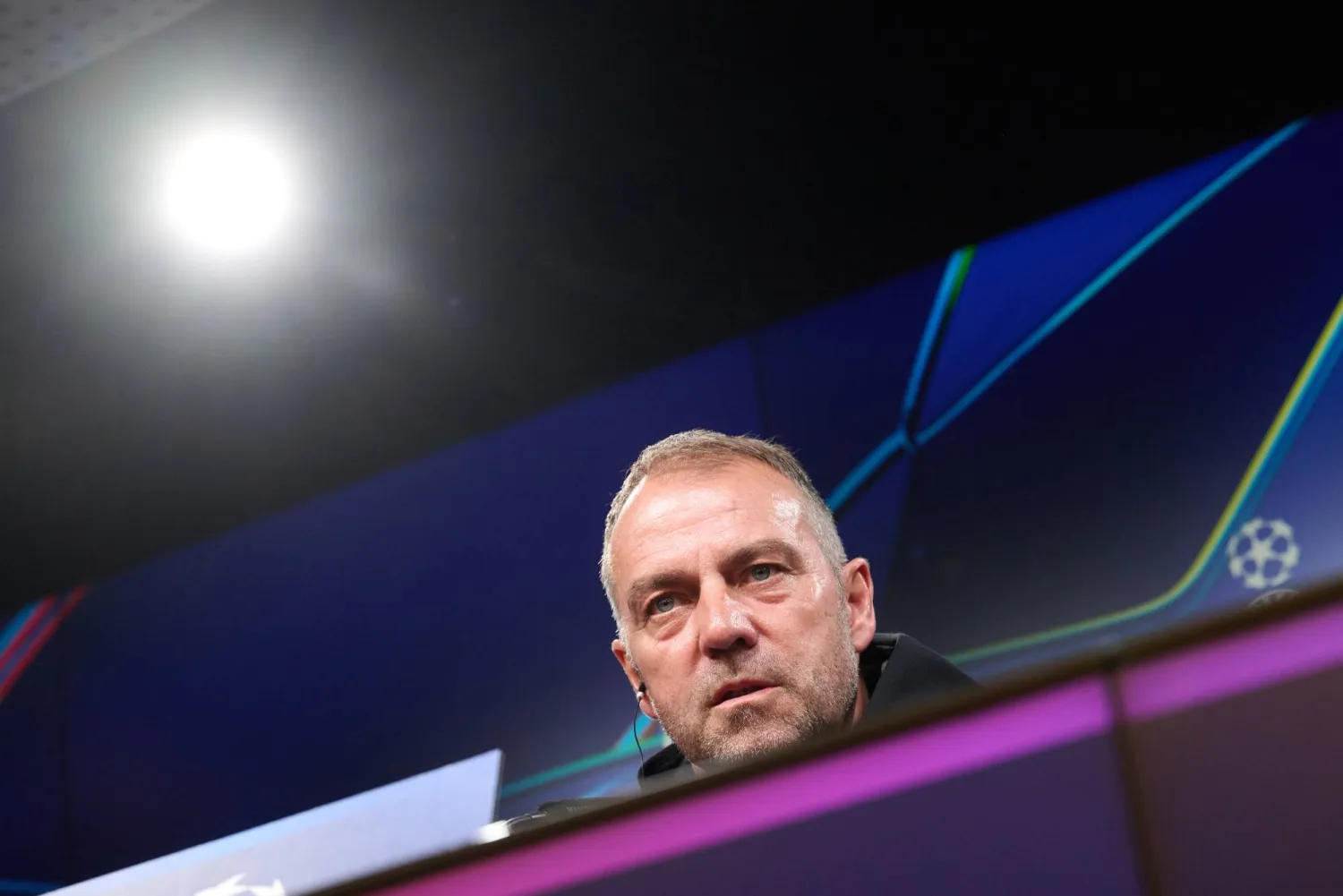The Court of Arbitration for Sport (CAS) said on Friday it has dismissed an appeal from Russia against an International Olympic Committee (IOC) suspension for recognizing regional organizations from territories annexed from Ukraine.
The IOC banned the Russian Olympic Committee (ROC) in October for recognizing regional Olympic councils for Russian-occupied regions of Ukraine - Luhansk, Donetsk, Kherson and Zaporizhzhia.
At the time, the IOC said the move constituted a breach of the Olympic Charter because it violated the territorial integrity of Ukraine's NOC.
Russia, which launched a full-scale invasion of Ukraine in February 2022, which Moscow calls a “special operation”, has denounced the measure as politically motivated.
In its appeal at the Lausanne-based CAS, ROC asked for the ban to be revoked and that it be recognized as a fully-fledged NOC, with all the prerogatives the status entails.
“The CAS Panel in charge of this matter dismissed the appeal and confirmed the challenged decision, finding that the IOC EB (Executive Board) did not breach the principles of legality, equality, predictability or proportionality,” CAS said in a statement.
Russians and Belarusian athletes had initially been banned from competing internationally following Russia's invasion of Ukraine, for which Belarus has been used as a staging ground.
Last year, however, the IOC issued an initial set of recommendations for international sports governing bodies to allow Russians and Belarusians to return, competing as individual athletes with no flag, emblem or anthem.
The IOC has said athletes should not be punished for the actions of governments.









